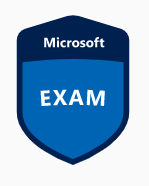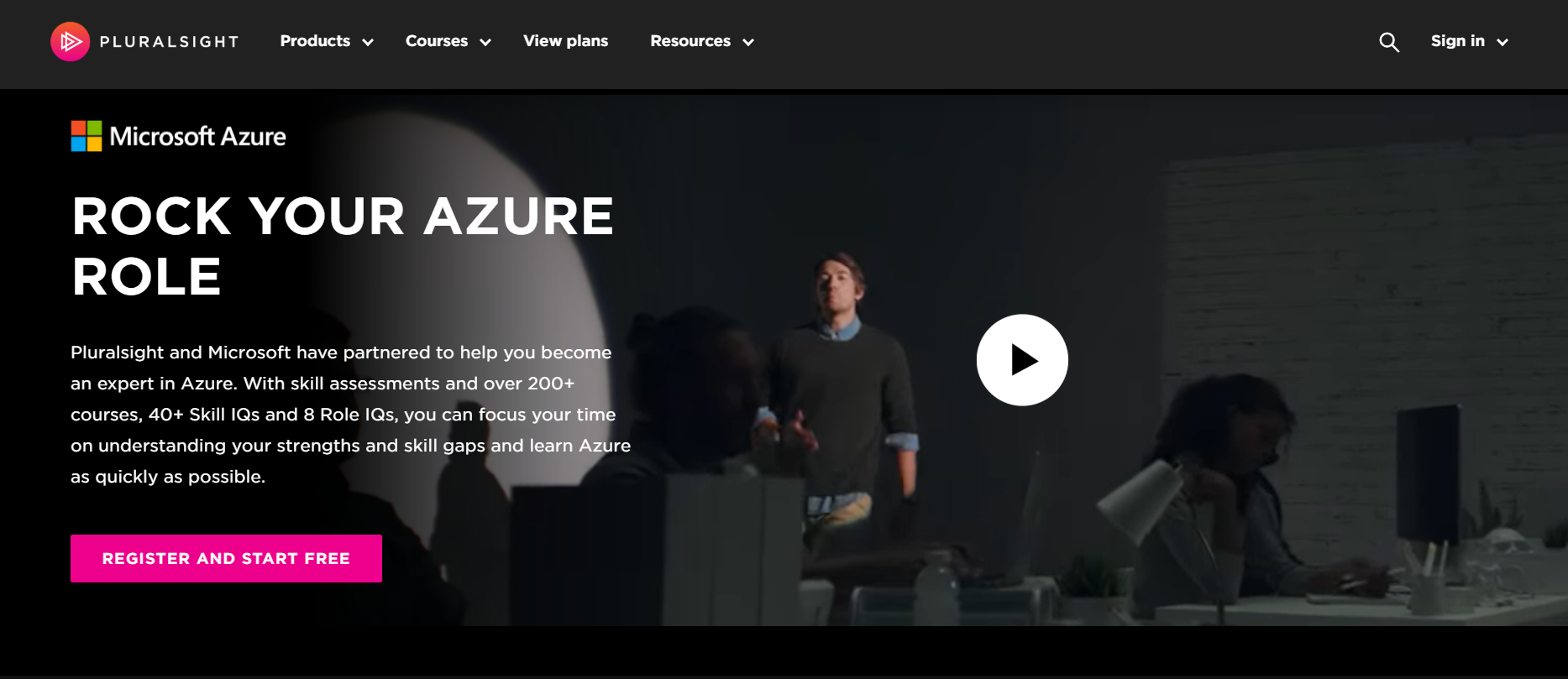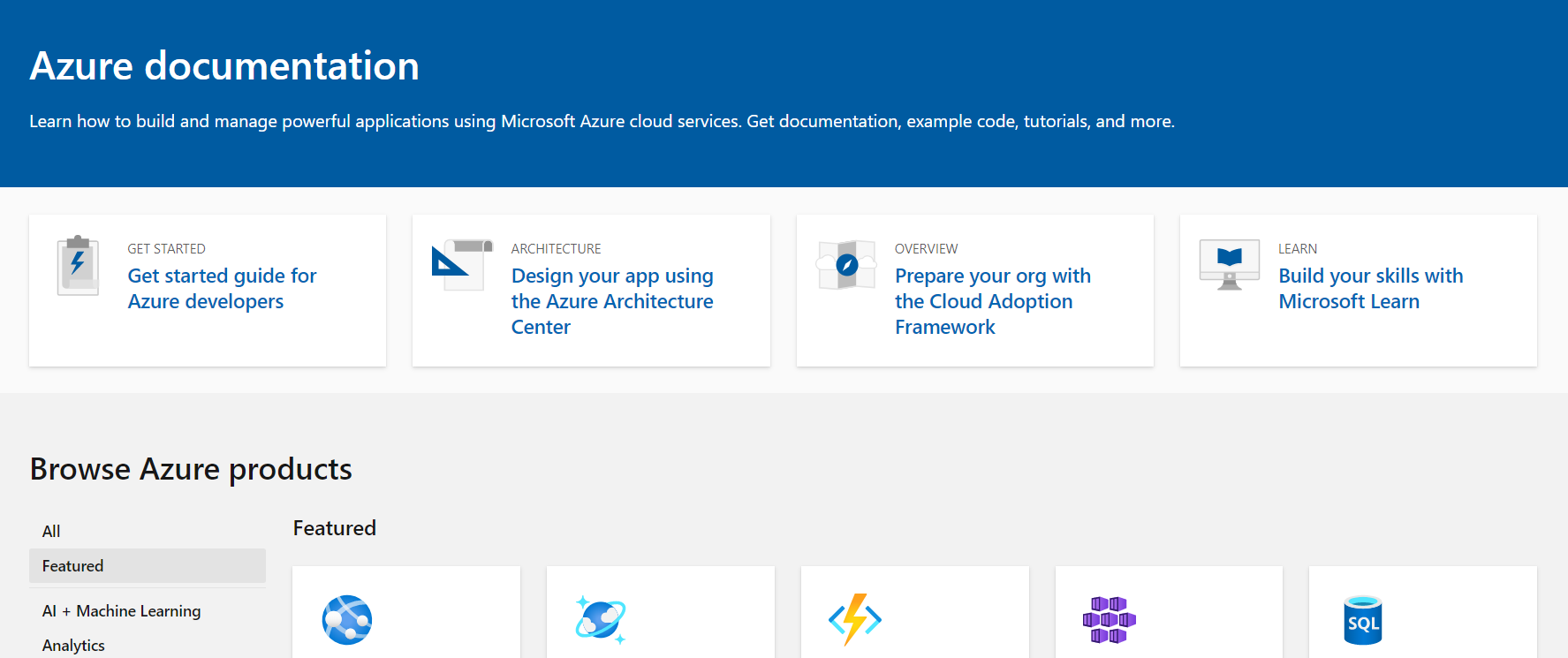Cloud Certifications: Azure Solutions Architect Expert
May 22, 2020 • 9 Minute Read
Introduction
This guide provides information and resources to prepare for the "Azure Solutions Architect Expert" certification. It also gives you some tips and recommendations based on the experiences of other software architects who have approved and are certified in Azure.
Who This Certification is For
This certification is designed and recommended for engineers who already have experience implementing applications in Azure and are able to understand the wide range of services offered by this technology, since candidates are expected to understand and apply best practices and tools to each context.
This certification is recommended if you are a software architect, or want to be, as long as you have had experience implementing services both graphically and by command line (Azure CLI and Powershell).
What this Certification is For
This certification is useful for many reasons, but the most important are:
- It enables you to show your experience implementing complex and scalable architectures with one of the most important Cloud platforms.
- It demonstrates your abilities to understand all the technological components in apps on a global scale.
- It is one of the most important certifications for Azure, and also one of the most difficult.
- It is in high demand. Every day more native developers appear in the Cloud, and an architect role that gives guidelines and assembles the architectures that the developers will implement is essential.
Which Exams are Applicable?
To achieve this certification, you must pass two exams:
-
AZ-300 (Microsoft Azure Architect Technologies): This exam assesses your competencies in implementing applications on Azure, maintaining data security (both with relational and non-relational databases, for example CosmosDB), optimizing workloads in product environments (with virtual machines and containers), and taking advantage of the potential of the resources in Storage.
-
AZ-301 (Microsoft Azure Architect Design): For this exam, you must be prepared to use the best technology that Azure offers in a production architecture, so you must prepare yourself not only with the knowledge of such technologies, but also with use cases where they are applied in the best way possible.
The recommendation is that you first pass the AZ-300 exam so that you can validate your knowledge of technology, then go through the AZ-301 exam and validate your experience in the proper implementation of each tool.
Your preparation for the AZ-300 exam should look like this:
- Get an overview of all Azure technologies (understand what each does, not a full detail)
- Take a subset of the technologies and study each one in detail (a list is mentioned later in this guide)
- Practice with these technologies from the Azure portal (you must have your Azure account enabled)
- Install and practice creating the same resources and technologies using Powershell
- Install and practice creating the same resources and technologies using Azure CLI. You can also use it from the Azure portal.
For the AZ-301 exam, in addition to what is mentioned for the AZ-300 exam, you should also:
- Understand what plans are available for each service and the usage limits for each
- Understand how to connect each technology to each other to develop high availability architectures
- Study and practice where possible connecting Azure resources with on-premise systems
Remember that the key is in the details, both in study and in practice.
Prerequisites
There are no specific prerequisites, but it is ideal that people who are going to complete this certification and its associated exams have at least two to three years of experience implementing scalable applications in Azure, either through graphical interface, Azure CLI, or Powershell.
You should also have a broad understanding of the various services.
Finally, in addition to how to implement each service, make sure you also understand the best practices for these services (use virtual networks, availability groups for virtual machines, automate the scaling of services according to demand, among others).
Skills Measured
The exams measure complementary skills between them.
The AZ-300 exam will measure your skills in:
- Deploying and configuring infrastructure
- Implementing workloads and security
- Creating and deploying apps
- Implementing authentication and secure data
- Developing for the cloud and for Azure storage
While for the AZ-301 exam you must be prepared to:
- Determine workload requirements
- Design for identity and security
- Design a data platform solution
- Design a business continuity strategy
- Design for deployment, migration, and integration
- Design an infrastructure strategy
For all of these skills, you must be able to explain and answer how to do it through the Azure portal or one of its code options (Azure CLI, Powershell and ARM Templates).
Technologies
You must also understand and have experimented with the following technologies:
- Azure App Service
- Azure Functions
- Azure Logic Apps
- Azure EventGrid
- Azure Service Bus
- Azure Virtual Machines, including Azure Backups and Azure Disk Encryption
- Azure Container Instances
- Azure Kubernetes Services (AKS)
- Azure Storage and Azure Data Lake
- Azure SQL Database
- Azure CosmosDB
- Azure Notification Hub and Event Hub
- Azure Resource Manager and ARM Templates
- Azure Virtual Networks, subnets and gateways
- Azure Active Directory, including AD Connect for hybrid connections
- Azure IAM (Identity Access Management)
For each of these technologies, in addition to knowing and experimenting with them, you have to be prepared to connect them to build a robust and scalable platform.
As you are studying and preparing for the exams, if you see a detail that seems very specific and you think you'll never see it in a real project or be asked about it on the exam, think again. These exams are very specific, and as an architect, you must be prepared for any possibility.
Other Resources
Pluralsight Courses
You can enhance and accelerate your learning with the range of Pluralsight courses on each Azure technology:
- https://www.pluralsight.com/partners/microsoft/azure
Azure Docs
You can complement the Pluralsight courses with the official Azure documentation:
- https://docs.microsoft.com/en-us/azure/
Compensation and Employment Outlook
The benefits of obtaining this certification are multiple, including:
- Being able to manage projects as a leader in a team of architects
- Increasing your salary expectations with this credential (in my case, I was able to increase my salary by 30% thanks to the certification). The average salary for a certified Azure architect is $150,000 USD annually, and the range of currently certified architects ranges from $85,500 to $201,000 annually
- Recognition in the community of architects, in case you want to collaborate and share your experience in meetups and conferences
- Being part of the network of people certified in Microsoft technologies (with access to benefits)
- Having the opportunity to apply and get a job as a solution architect, application architect, development engineer for robust solutions, high performance application architect, and more
- Having opportunities that scale globally, because this certification is valid for any part of the world and will allow you to extend your career beyond your current country
The Certification Path
This certification is the most advanced of the Azure certifications (along with DevOps Engineer), so achieving it validates you as an expert in this cloud. In addition, passing this certification by studying its contents will also serve you for other exams and certifications that you may want to take later.
Conclusion
Finally, some advice:
- It's good—and easy—to learn the technologies, but you should also focus on how they connect to each other on a global platform.
- You should also understand the detail of each platform and how to solve problems that can occur when deploying in applications.
- You must know how to implement architectures with minimal effort through code.
I wish you a lot of success on your way to certification as Azure Solutions Architect Expert!
Advance your tech skills today
Access courses on AI, cloud, data, security, and more—all led by industry experts.




